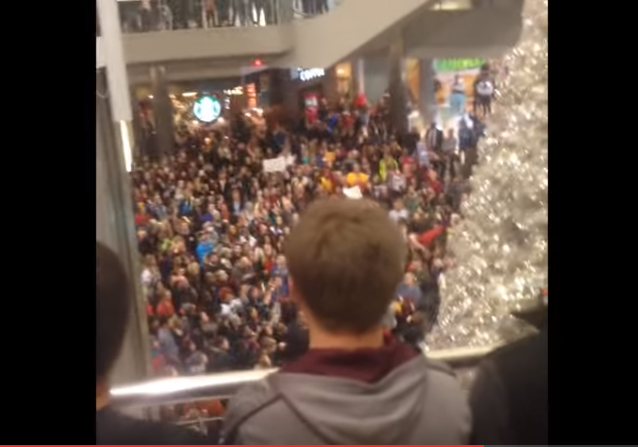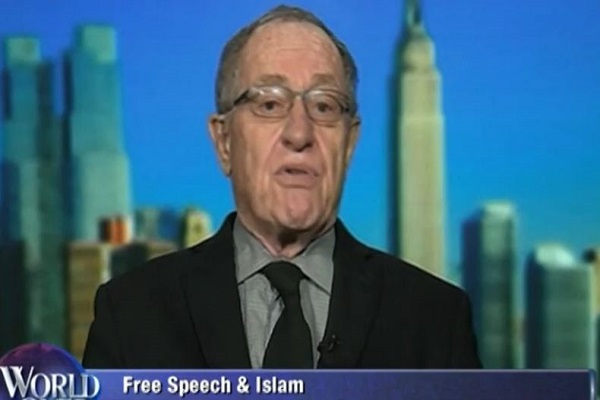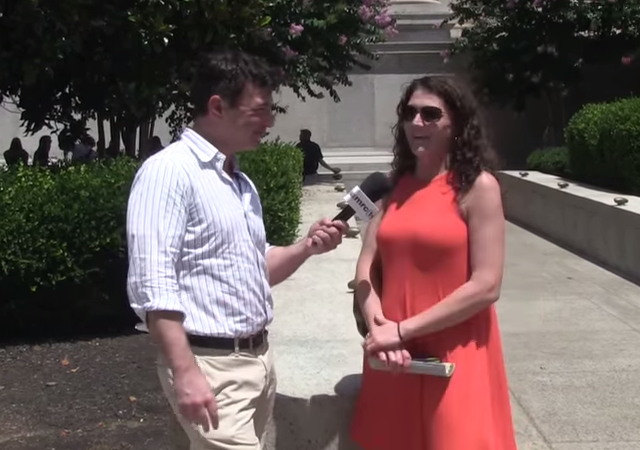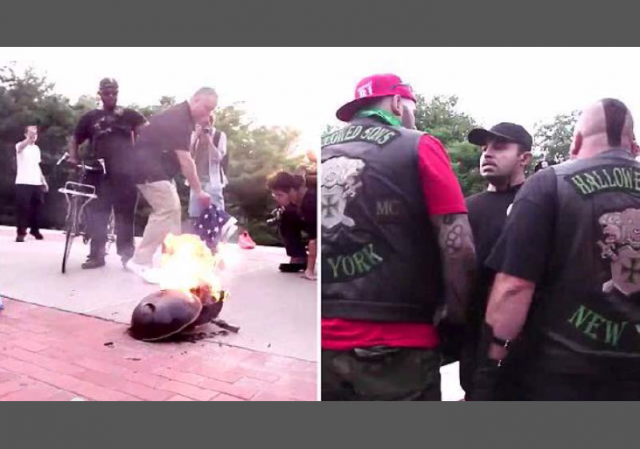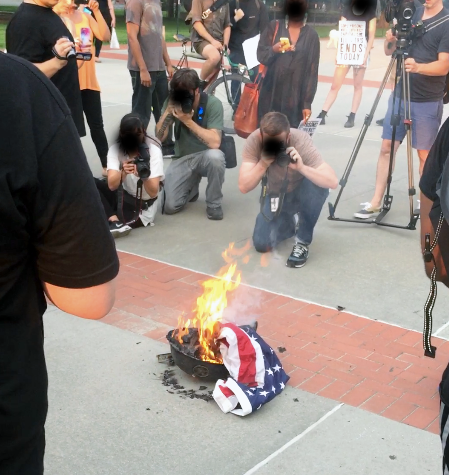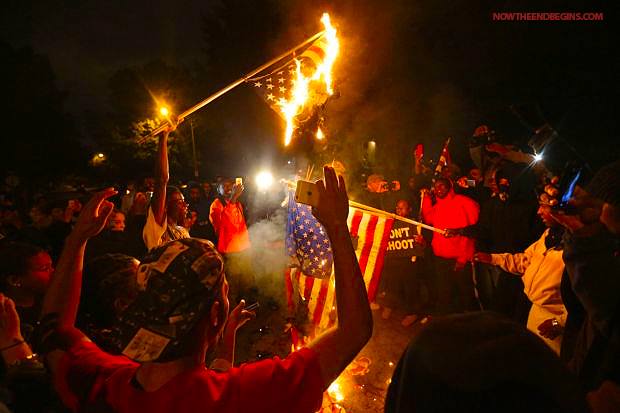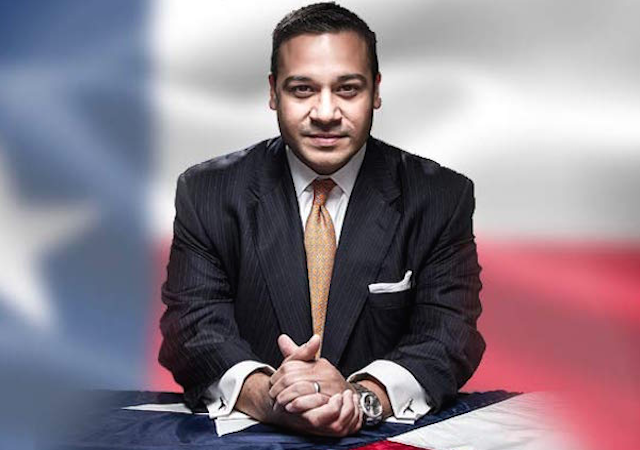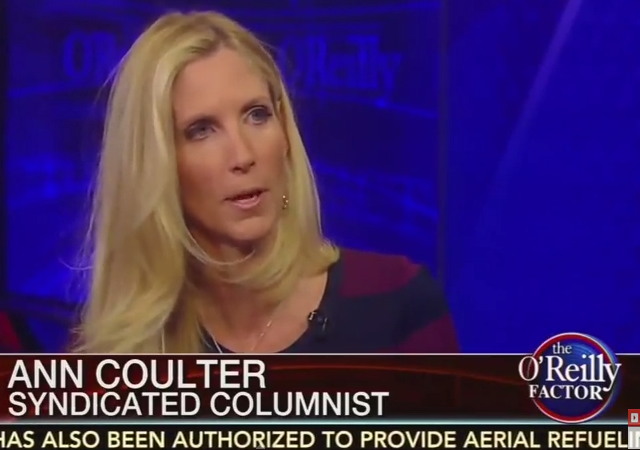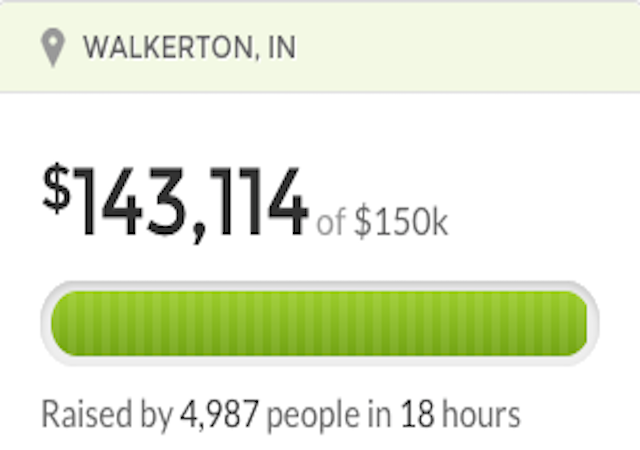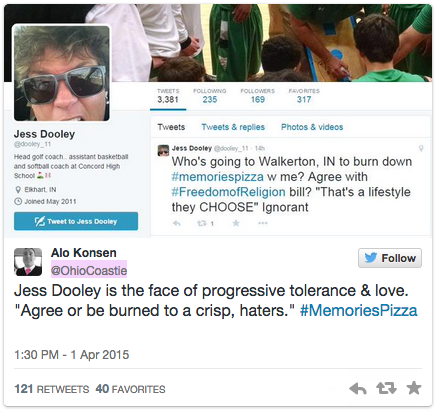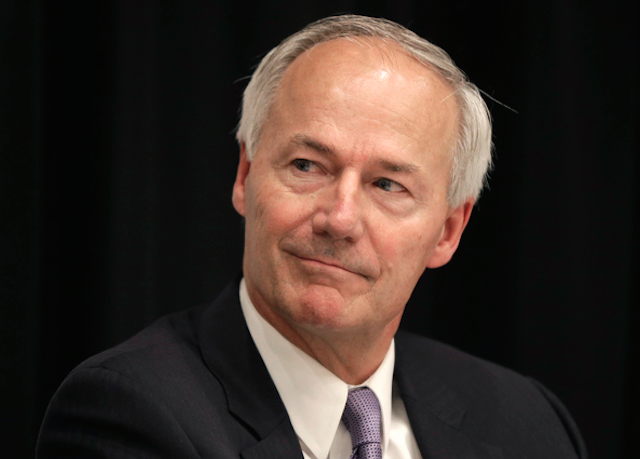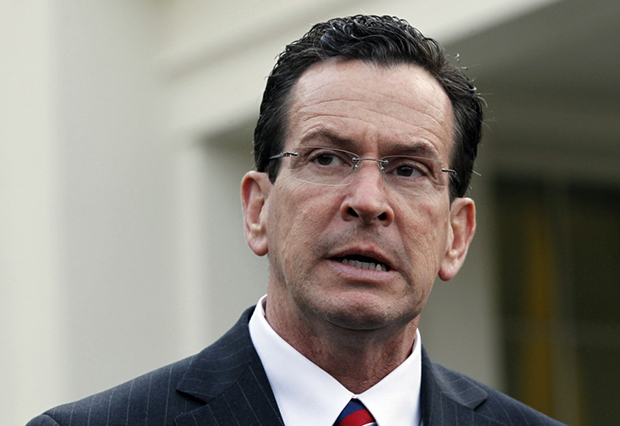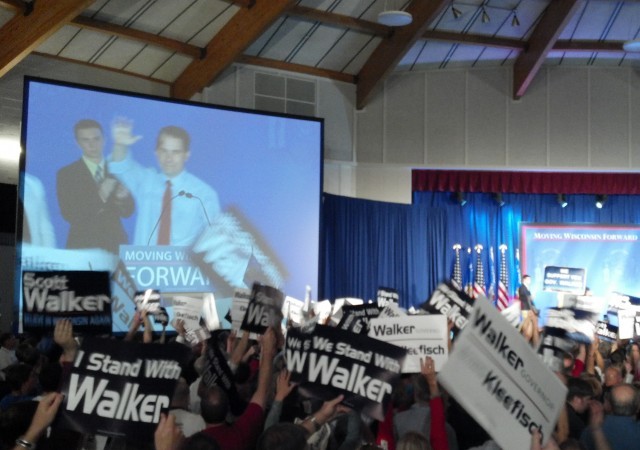Let #BlackLivesMatter protest at Mall of America (UPDATE)
on December 21, 2015
28 Comments
The Mall of America has gone to court seeking an injunction against Black Lives Matter protesters disrupting shopping at the mall on Christmas Eve day.
The Minneapolis Star Tribune reports on the hearing held in court today:
With a planned demonstration by Black Lives Matter at the Mall of America less than two days away, a Hennepin County judge on Monday heard arguments over whether the shopping complex has the right to a restraining order against protesters. In its request, the mall named four alleged leaders of Black Lives Matter and asked Judge Karen Janisch to prevent them from encouraging people to demonstrate Wednesday and to take down any social media messages about the event. The mall also wanted Black Lives Matter to post a social-media message canceling the demonstration and to post a copy of the judge’s restraining order, if one is issued.I'll admit that I'm not up to speed on how 1st Amendment protections apply on a private property that nonetheless operates as a public space, a replacement for Main Street. So I express no opinion on the legalities.

